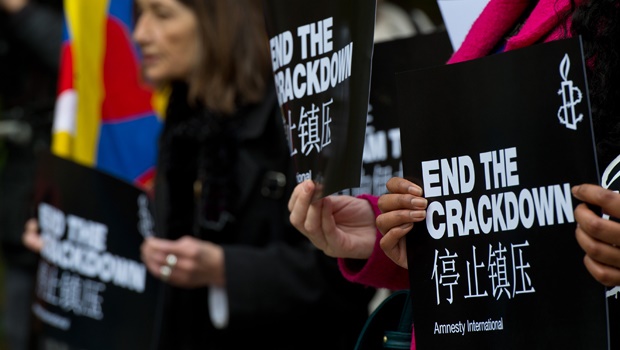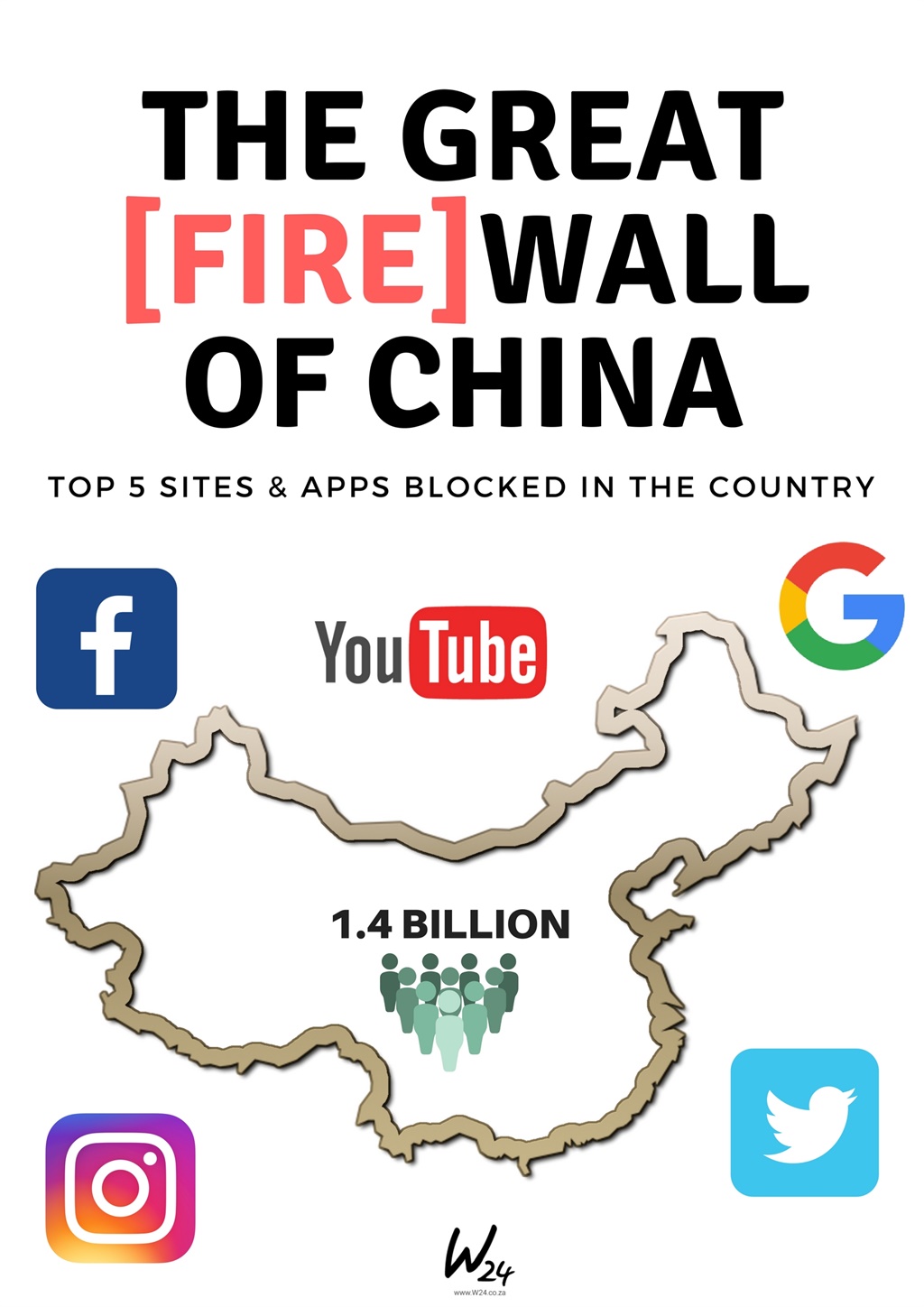
Here’s a little something no one tells you about visiting China: the biggest search engine and the biggest social media platform in our part of the world are both banned.
And while you might not realise it now - you’ll quickly learn that those decisions can cut off your means of communication should you ever travel East.
Before you go in to a flat panic, the censorship laws I’m going to explain do not apply to Hong Kong and Macau, who have their own administrations and where the Chinese law doesn’t apply.
READ MORE: ‘It's no longer funny or weird to see another woman in gaming’
However, if you’re going anywhere else in China pay attention: the country has one of the most extreme internet censorship programmes in the world. There are more than 60 regulations governing the online space.
China currently has the largest recorded number of imprisoned journalists and cyber-dissidents in the world (according to Amnesty International).
Individuals have been thrown in jail for a multitude of online actions including signing online petitions and even just calling out government corruption.
Introducing: The Great Firewall of China
I’ve been fortunate to travel to China twice for business in the last few years. On my first visit to Beijing I was not aware of the great firewall. My mistake.
If you’re chuckling to yourself thinking you can live without a search engine and social media profile for a bit, think again. Facebook owns Instagram and WhatsApp. So those are banned as well.
When travelling I tend to switch my roaming off and rely on Wifi and data to stay in contact.
WhatsApp allows me to text my friends and family, call loved ones and replaces my need for air time.
While the current data privacy issues around Facebook are causing a few people to delete their accounts, said folk are still reliant on WhatsApp as a form of communication.
When it comes to Google, that means Gmail is blocked as well. So in my case that meant no more emails for me on arrival in the country.
So how do you get around it?
On my first visit there was no way around the block. Once you land in China your internet access is controlled.
A few high end hotels offered a VPN service for guests (which I’ll explain in a bit) but last year the Chinese government announced a clamp down on VPN services.
The ruling Communist Party has made it clear that the internet can be used for business and education but refuses to recognise it as a tool for free flow of information.
On my second trip I was a bit wiser. These are my tips for evading the firewall and ultimately staying in contact with friends and family:
READ MORE: Sexist gadgets: Pink no longer means smaller, slower and for women only
Download WeChat
WeChat is a Chinese app that works much like WhatsApp with a combination of other functions.
Personally, I’m not a fan of the app. It is clunky and annoying to navigate BUT you can use in freely in China.
There are a lot of free WiFi spots in the country so if your family and friends back home utilise the app it is an easy way to stay in contact without any additional spend from you.
Try KnowRoaming
KnowRoaming is an international sim card/sim sticker you can use. The KnowRoaming sticker costs around R500.
You apply it to your SIM card, download the app and then are able to apply for various packages and save money on international voice and data roaming costs. I use this service whenever I travel. It is pricey but it works.
And it works in China.
Because it is a roaming service it connects with a server outside the region thus meaning you’re able to access all the “banned” sites.
The KnowRoaming data bundles are usually rather affordable however in China you are going to have to spend a bit more. While it isn’t a VPN it works much the same and falls into the ethical grey zone that might just allow you to get away with it.
READ MORE: Could you go back to your old brick phone if it was rebooted?
Use a VPN
A VPN is a virtual private network. In short, it makes sure your internet usage is private from the network you’re connected to - which means it hides the sites and services you’re using and ultimately allows you to access the banned services in China.
You’re able to use a VPN on the public WiFi spots and it works a treat. Usually there is a small fee for VPN services - the one I use costs around R200 for a month.
When making a second trip to China I used ExpressVPN and it was fantastic. However, since that visit the Chinese government is clamping down on VPN services.
Late last year the BBC reported the arrest of a man selling VPN services to Chinese citizens. VPNs are illegal in China. While they’re the common go-to for tourists entering the country you do need to be well aware that they could pose a threat for your safety while in the region.
The final option is to pay hefty roaming charges
If you’re okay with losing access to the likes of Google and Facebook then using your current mobile operator’s roaming option is a possibility.
However, it is a rather expensive one. Alternatively, most offer text based roaming and you can old school SMS your way through China.
The most important takeaway from this piece, I hope, is making sure you’re prepared when landing in a new country.
Losing contact when travelling is the absolute worst feeling and potentially dangerous if you’re travelling alone.
So make sure you have a plan in place to stay in contact before you get on the plane.
WATCH: China steps up crackdown on the internet
Sign up to W24’s newsletters so you don't miss out on any of our hot stories and giveaways.




 Publications
Publications
 Partners
Partners














